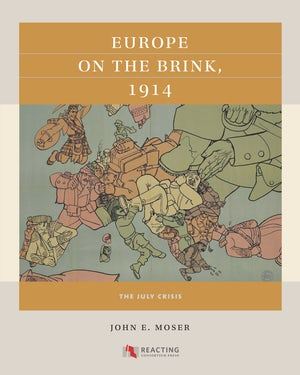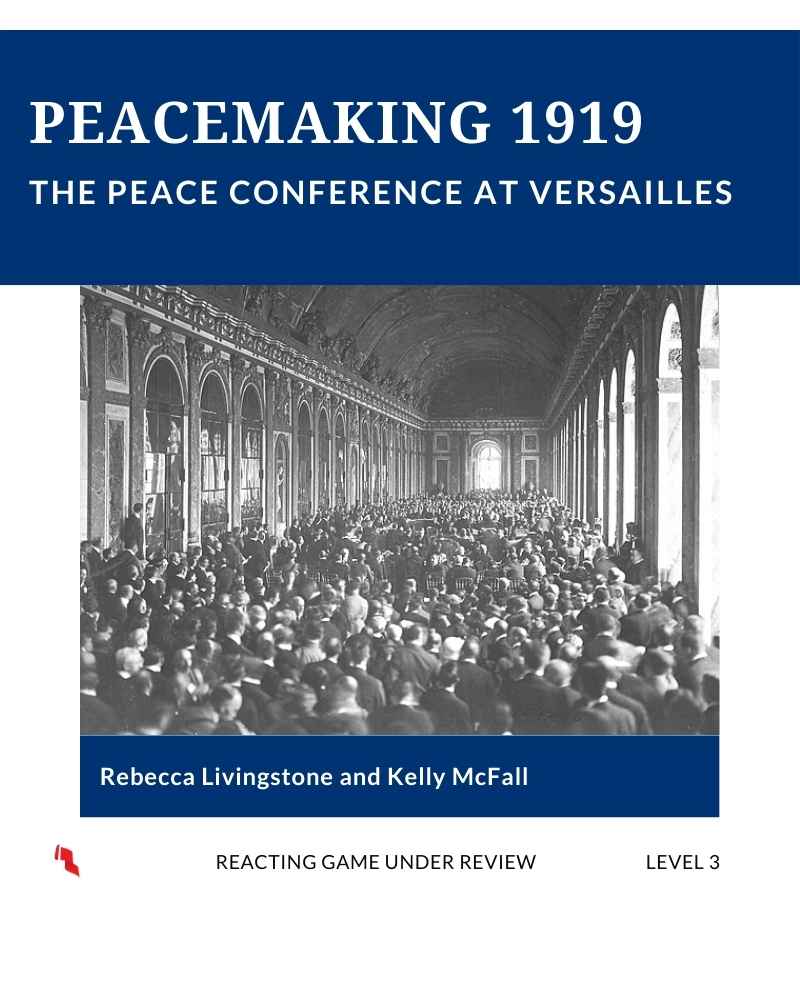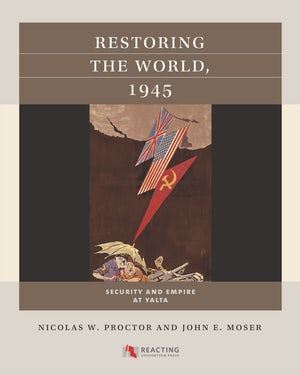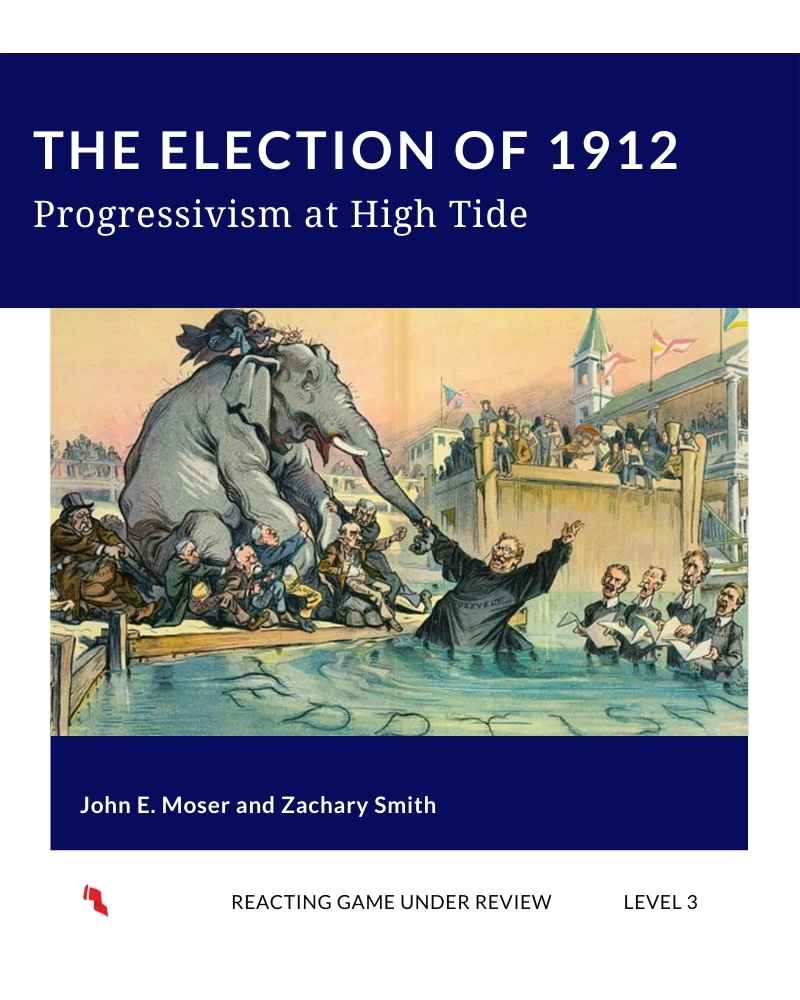 |
It is the summer of 1914, and Europe stands on the brink of war. The assassination of Archduke Franz Ferdinand on June 28, 1914 by a Serbian nationalist has set off a crisis in Europe. Since the Congress of Vienna in 1815, peace had largely prevailed among the Great Powers, preserved through international conferences and a delicate balance of power. Now, however, interlocking alliances are threatening to plunge Europe into war, as Austria-Hungry is threatening war against Serbia. Germany is allied with Austria-Hungary, while Russia views itself as the protector of Serbia. Britain is torn between fear of a German victory and a Russian one. France supports Russia but also needs Britain on its side. Can war be avoided one more time? Europe on the Brink plunges students into the July Crisis as representatives of the European powers. What choices will they make? |
Details
|
Notable Roles |
|
Using the Game
Class Size and Scalability Class Time Assignments
|
 GAME MATERIALS
GAME MATERIALS
Confirmed instructors who are not yet members can access basic instructor materials. Reacting Consortium members can access all downloadable materials (including expanded and updated materials) below. You will be asked to sign in before downloading.
Gamebook Students need a Gamebook, which includes directions, resources, and historical content. The Europe on the Brink Gamebook is published by Reacting Consortium Press. Paperback ISBN: 978-1-4696-5986-2 EBook ISBN: 978-1-4696-5987-9 Available wherever books are sold. | Role Sheets Students also need a Role Sheet, which contains biographical information, role-specific resources or assignments, and their character's secret victory objectives. | Instructor's Manual The Instructor's Manual includes guidance for assigning roles, presenting historical context, assignments, activities and discussion topics, and more. |
John E. Moser
John E. Moser is professor of history and chair of the masters program in American History and Government at Ashland University. He did his undergraduate work at Ohio University, and has an M.A. and Ph.D. in history from the University of Illinois at Urbana-Champaign. At Ashland he teaches courses on modern European, American and East Asian history, and in 2016 received the university’s Edward and Louaine Taylor Award for Excellence in Teaching. John has published numerous works on subjects ranging from comic books to Japanese foreign policy. He is author of four books, the most recent of which is The Global Great Depression and the Coming of World War II, which was published by Routledge in 2015. He has also published three games for the Reacting to the Past series, including Japan, 1941: Between Pan-Asianism and the West; Europe on the Brink, 1914: The July Crisis; and (with Nicolas W. Proctor) Restoring the World, 1945: Security and Empire at Yalta. He lives in Ashland with his wife Monica, their daughter Stanzi, and their three dogs. | Reacting and Related Titles
|
Reviews
"The role descriptions are quite excellent: full and interesting biographies, logical organization of material, clarity respecting assignments and objectives, and all of it well- written. Also, the interlocking of characters adds an element of complexity: e.g., Grey of England makes promises on the sly to France and Russia, while Lloyd George tries uncovering evidence of hidden deals, possibly from French and Russian ministers; Viviani tries getting the goods on Poincaré. It was a pleasure and a privilege to be introduced to this wonderful cast of characters." | "This is a well-written and elegantly-constructed game. It offers an engaging and historically-accurate simulation of the diplomatic and military maneuverings of the July Crisis, helping students to understand how Europe entered into a catastrophic war. After playing it at the beginning of the semester, my students continued to refer back to their experiences, and they were intrigued (and amused) to see how each of their characters fared in the Great War." | "I would never have thought to organize a war game this way (indeed, I would not have thought a war game possible). I likely would have created a fictional conference peopled by foreign ministers. John has discovered another way, which, based on my reading alone, seems like it would work and perhaps be more interesting to play. So kudos to John!" |
Members can contact game authors directly if they have questions about using the game. We also invite instructors join our Facebook Faculty Lounge, where you'll find a wonderful community eager to help and answer questions.
|
|
|






